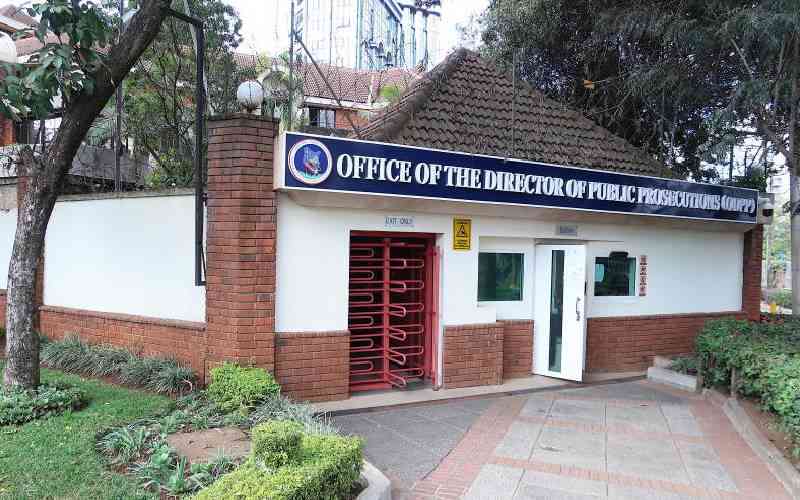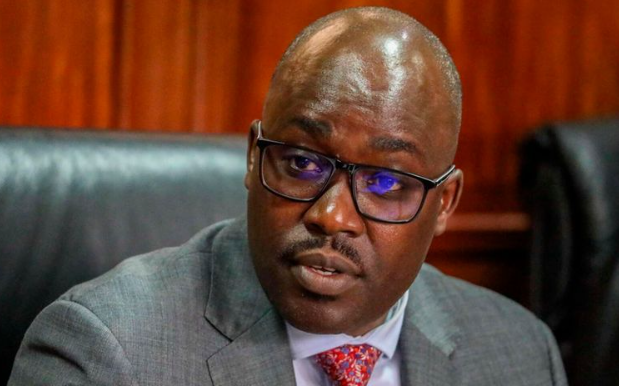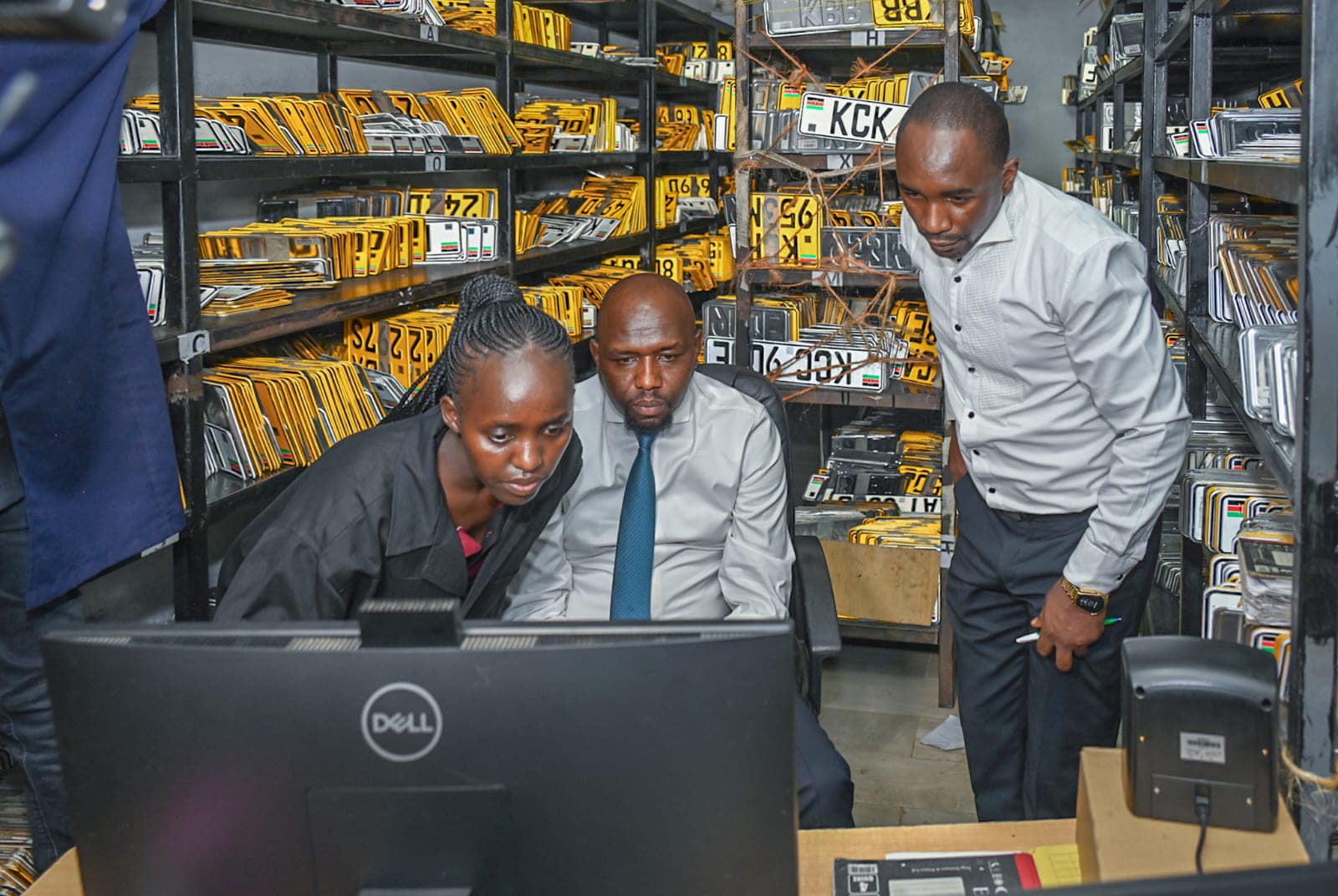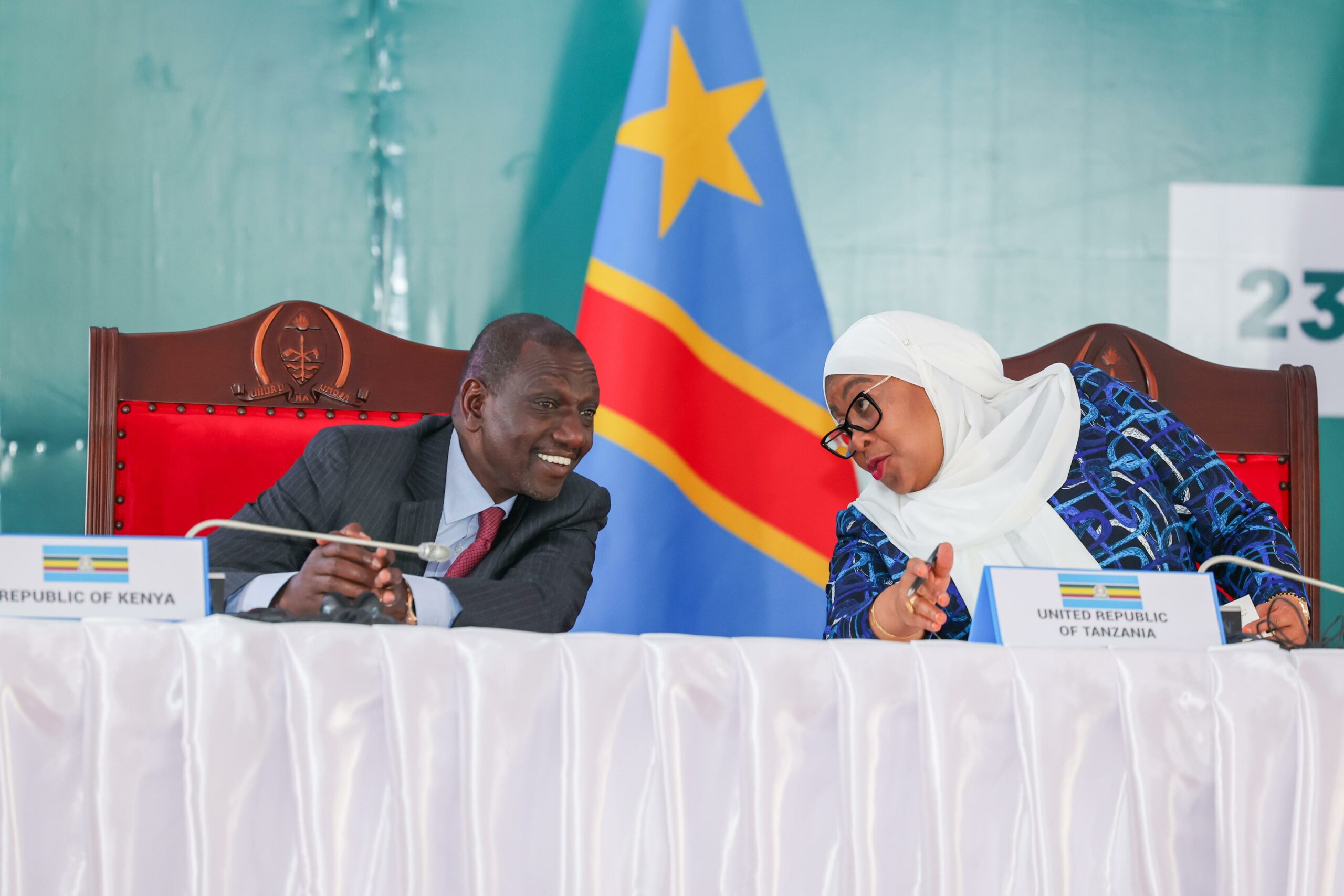When the coronavirus pandemic broke out it changed the way we interact with social distancing encouraged to prevent the spread of the virus.
1. First Case in Kenya
On March 12, 2020, the Ministry of Health confirmed Kenya's first Coronavirus (COVID-19) case in Nairobi since the beginning of the outbreak in China in December 2019.
The case was a Kenyan citizen who travelled back to Nairobi returning from the United States of America via London, United Kingdom on March 5, 2020. She was confirmed positive by the National Influenza Centre Laboratory at the National Public Health Laboratories. MoH embarked on a contract tracing for all persons who had been in contact with her.
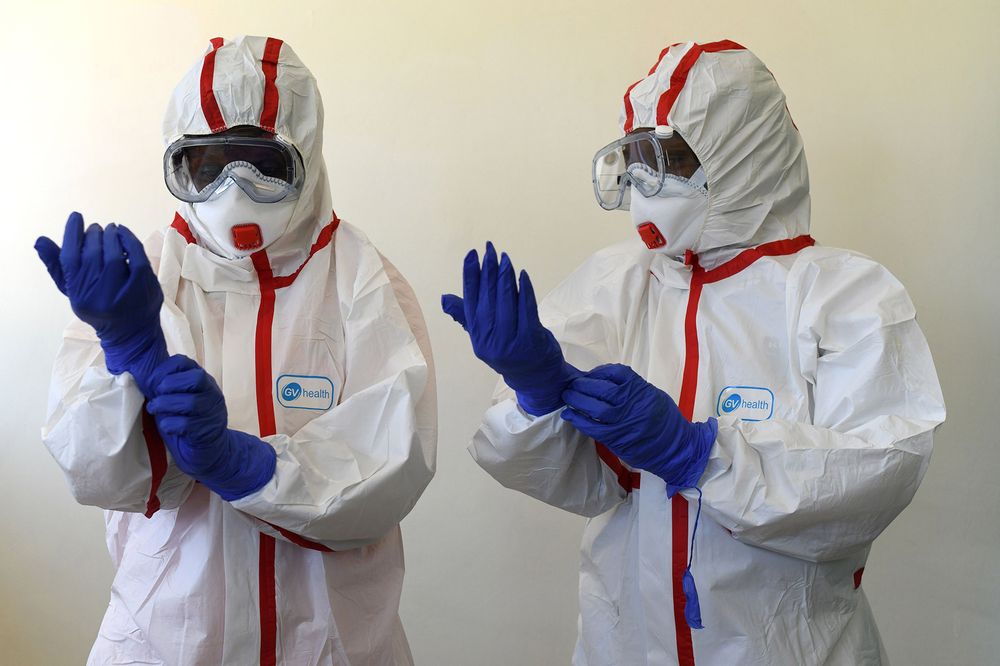
Read More
2. First Recoveries
Ivy Brenda Cherotich the first person who tested positive for coronavirus disease in Kenya left the hospital 22 days later having recovered from the disease. She discharged from Kenyatta National Hospital (KNH) isolation ward after she was declared free of the virus.
But her recovery story would later be used against her by Kenyans who took to social media to troll and point out inconsistencies in her narrative. Kenyans on Twitter questioned why there were no recovery times for the patient. Some even faulted her for going to the media immediately after being released from the hospital.
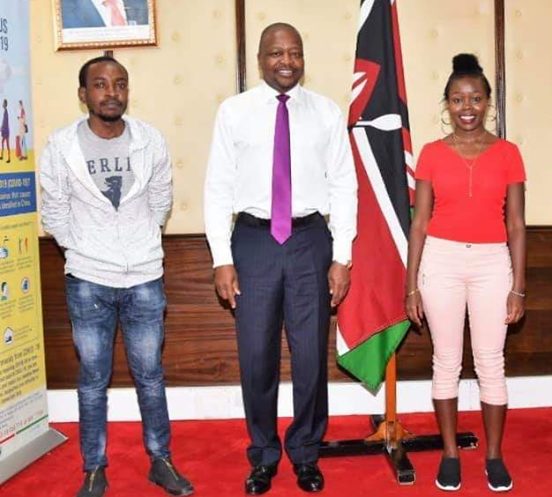
3. Partial Lockdown/ Curfew
In early April 2020, President Uhuru Kenyatta imposed a three-week ban on movement in and out of four main coronavirus “infected areas”, including the capital, Nairobi, before the usually busy Easter weekend. The order barred entry and exits in four regions of the country most affected by cases of COVID-19.
In March 2020 a curfew from 7 p.m. to 5 a.m. was enforced, and all international flights suspended.
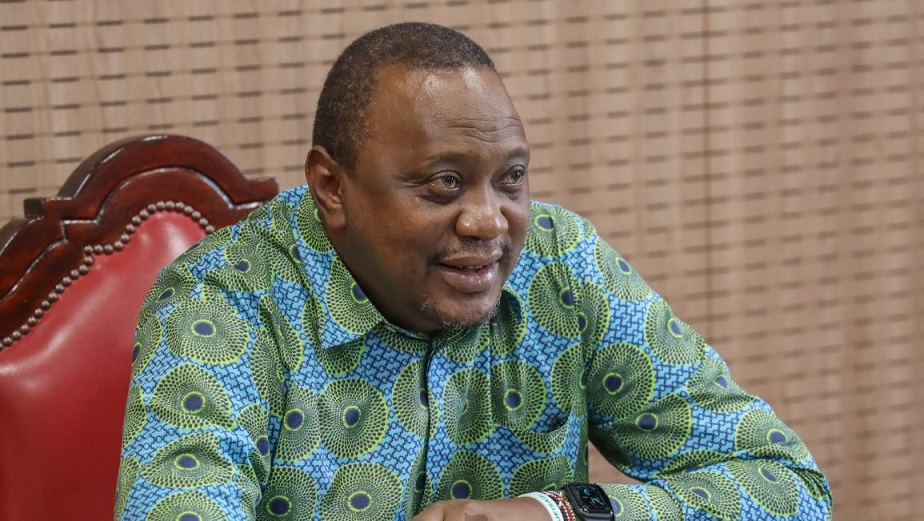
4. Police brutality
On the first day of Kenya’s dusk-to-dawn curfew in March to curb the spread of Covid-19, baton-wielding police were patrolling the streets as people rushed to get home.
The officers fired tear gas, shotguns in the air and beat people with canes and rubber hoses, residents said. In Mombasa, the centre of the violence was the Likoni ferry terminal. Dozens were made to lie on top of one another while others sat choking, vomiting, and rubbing their burning eyes.
Several deaths were reported with all fingers pointed at police. President Uhuru Kenyatta later apologised for the violence following the enforcement of the curfew.

5. Kemsa Scandal
In August 2020, investigative journalist Dennis Okari reported a mega-graft scandal regarding the use of billions allocated for Covid-19. The funds include loans and grants from institutions including the World Bank and the International Monetary Fund (IMF) to support Kenya's efforts to combat the virus.
Okari's piece revealed how a large consignment of donations including masks and ventilators from Chinese billionaire Jack Ma went missing once it arrived in the country.
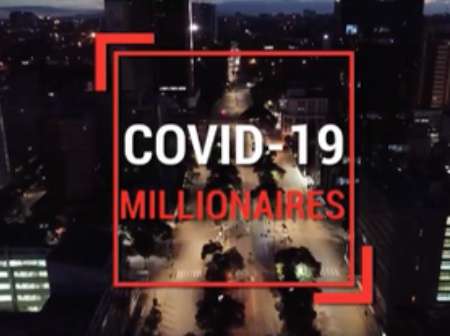
EACC said: "Investigations had established criminal culpability on the part of public officials in the purchase and supply of Covid-19 emergency commodities at Kenya Medical Supplies Authority (Kemsa) that led to the irregular expenditure of public funds."
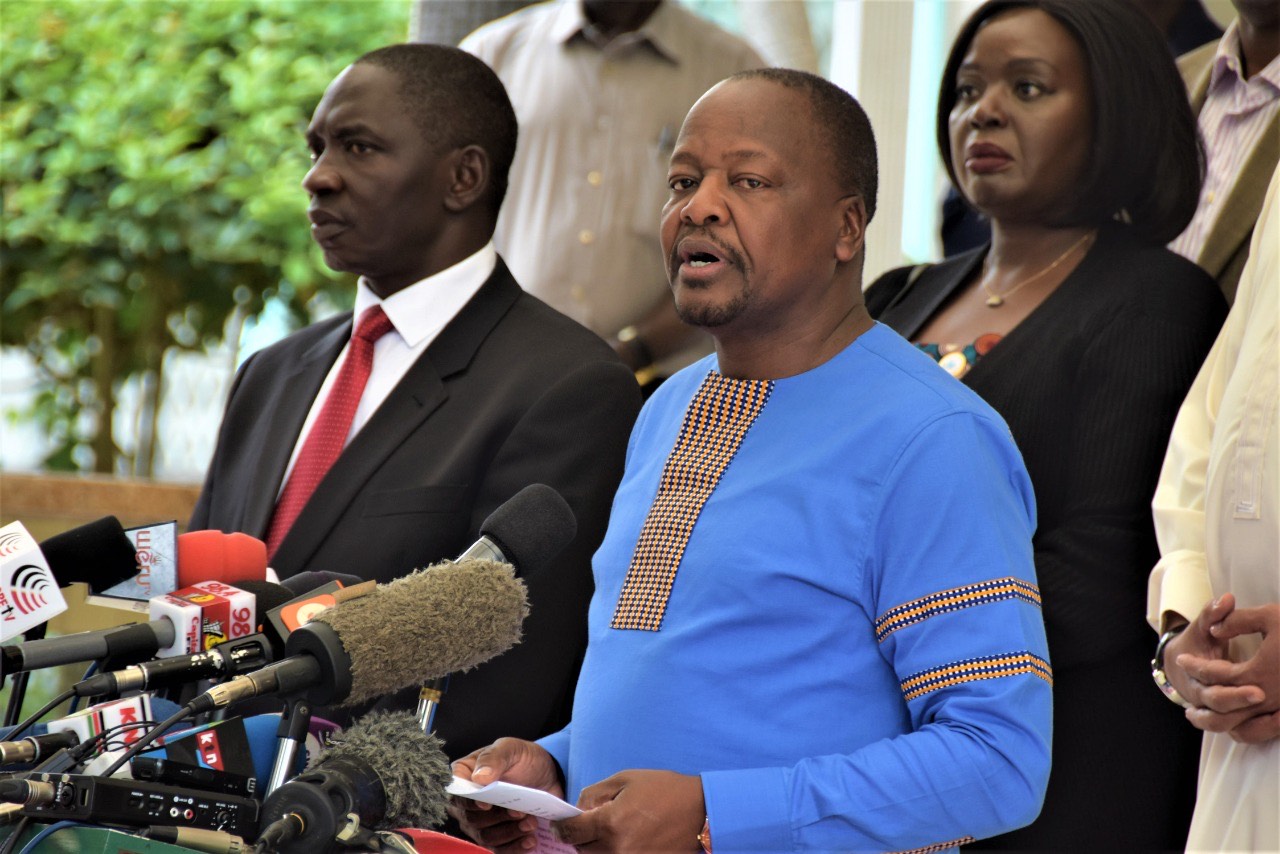
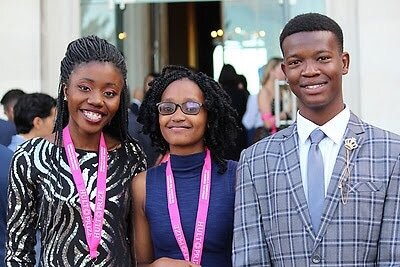
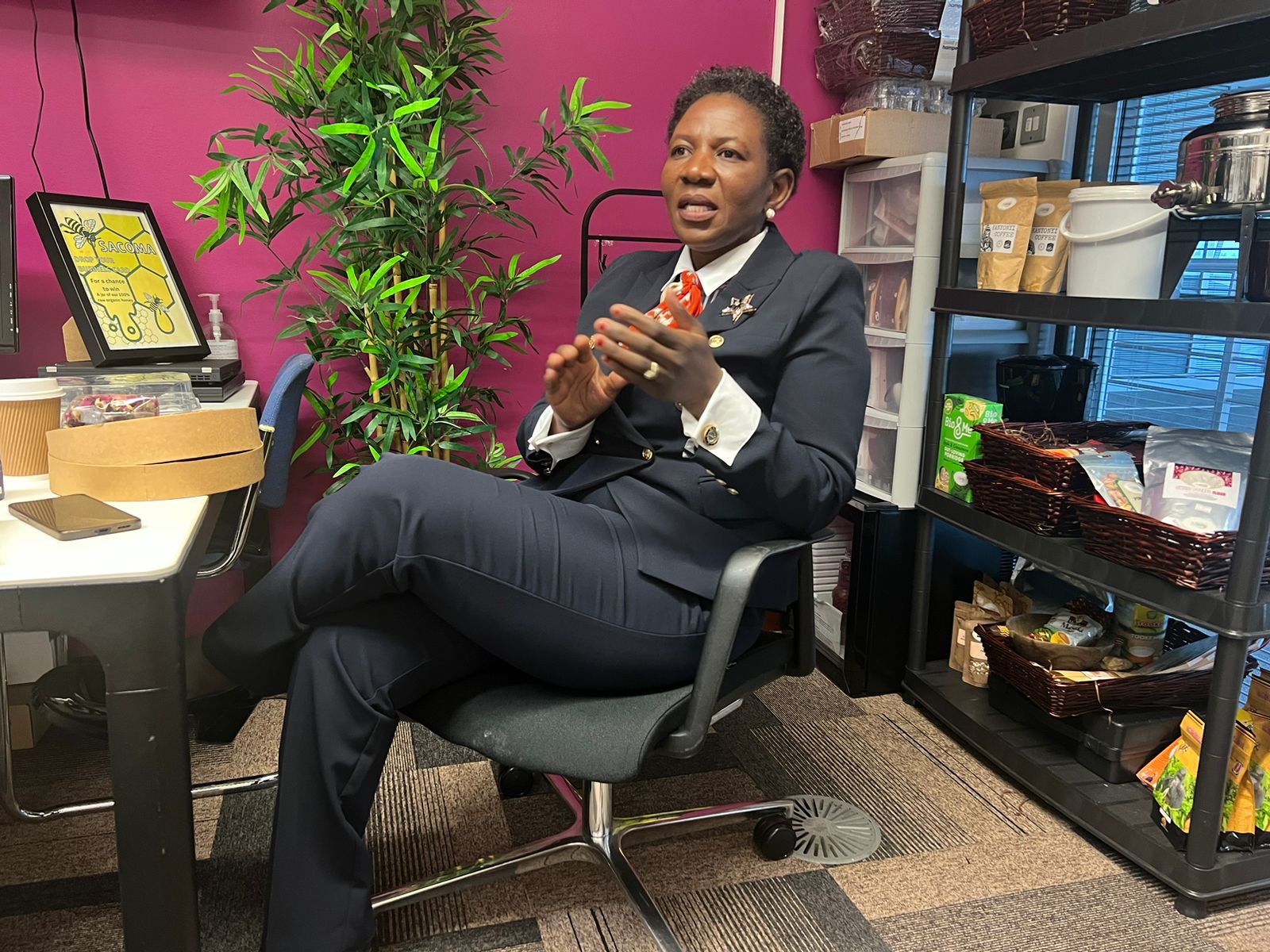
-1702720543.jpg)
-1714135201.jpg)
